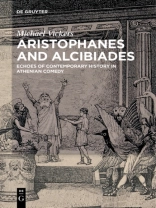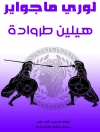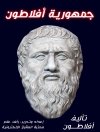The conventional view of Aristophanes bristles with problems. Important testimony for Alcibiades’ paramount role in comedy is consistently disregarded, and the tradition that “masks were made to look like the komodoumenoi, so that before an actor spoke a word, the audience would recognize who was being attacked” is hardly ever invoked. If these testimonia are taken into account, a fascinating picture emerges, where the komodoumenoi are based on the Periclean household: older characters on Pericles himself, younger on Alcibiades. Aspasia, Pericles’ mistress, and Hipparete, Alcibiades’ wife, lie behind many female characters, and Alcibiades’ ambiguous sexuality also allows him to be shown on the stage as a woman, notably as Lysistrata. There is a substantial overlap between the anecdotal tradition relating to the historical figures and the plotting of Aristophanes’ plays. This extends to speech patterns, where Alcibiades’ speech defect is lampooned. Aristophanes is consistently critical of Alcibiades’ mercurial politics, and his works can also be seen to have served as an aide-mémoire for Thucydides and Xenophon. If the argument presented here is correct, then much current scholarship on Aristophanes can be set aside.
Sobre o autor
Michael Vickers, Jesus College, Oxford, UK.












